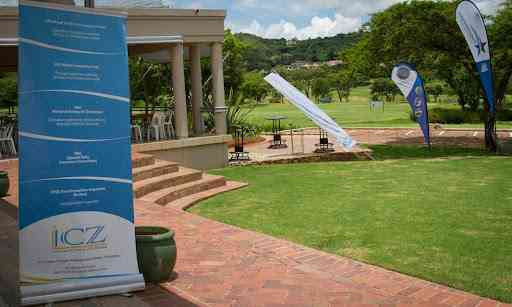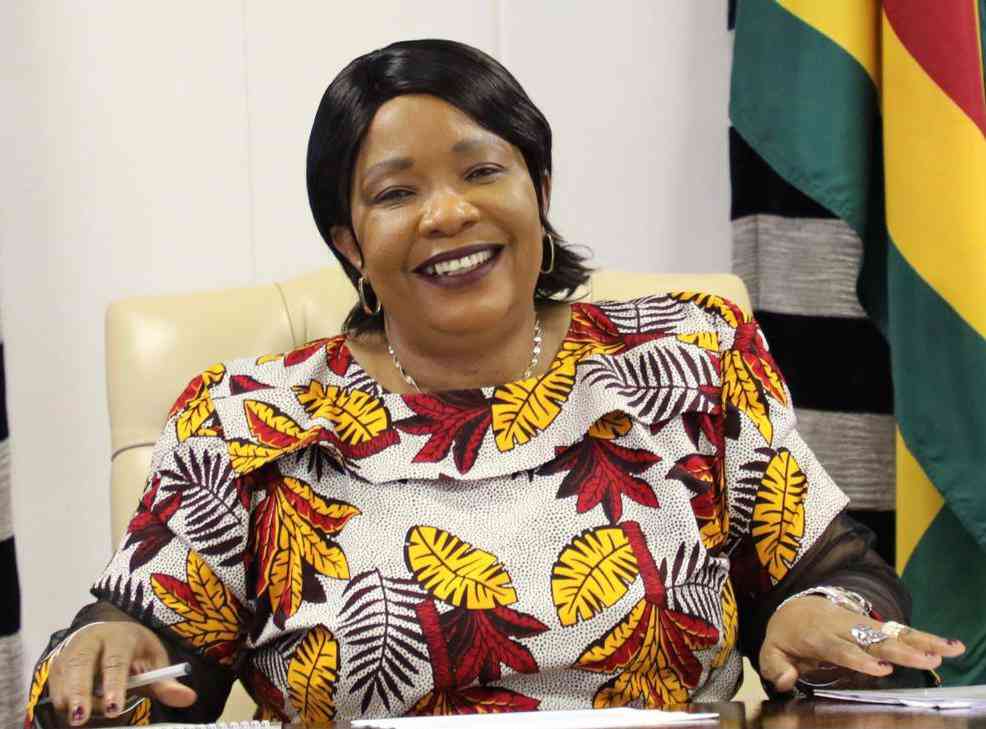
The ruling by the High Court that struck down some provisions of Zimbabwe’s Criminal Law Codification and Reform Act, commonly referred to as the Patriotic Act,was a rare victory for democracy in this country and must be celebrated.
In July 2023 and on the eve of the controversial harmonised elections, President Emmerson Mnangagwa signed the Criminal Law Codification and Reform Act Bill into law after ignoring domestic and international pressure not to do so.
Local and international human rights organisations and civil society, including the office of the United Nations High Commissioner for Human Rights and Human Rights Watch, warned that then proposed law would further threat and erode freedoms of expression and association in Zimbabwe.
The organisations argued that the Bill carried provisions that were “not necessary or justifiable in a democratic society”, but Mnangagwa was in no mood to listen to the wise counsel.
To show his intent in clamping down on freedoms of associations and speech, he went on to sign the equally condemned Private Voluntary Organisations Amendment Bill into law early this year.
The Patriotic Act created the crime of “willingly injuring the sovereignty and national interest of Zimbabwe”.
Zanu PF were clear that the law was meant to criminalise local civil society organisation and human rights defenders, who criticise the government at international forums.
It was an attempt to stop the government from being held accountable for human rights violations and other transgressions.
- Mavhunga puts DeMbare into Chibuku quarterfinals
- Bulls to charge into Zimbabwe gold stocks
- Ndiraya concerned as goals dry up
- Letters: How solar power is transforming African farms
Keep Reading
The High Court ruled that the drastic penalties prescribed under section 22A(3) of the Act, which include life imprisonment, the death penalty, termination of citizenship and suspension from voting and holding public office, infringed on various sections of the constitution.
Journalist Zenzele Ndebele and the Media Alliance of Zimbabwe approached the courts arguing that the section had high potential for abuse and misuse.
It was their argument that “wilfully injuring the sovereignty and national interest of Zimbabwe” was not sufficiently defined in the law and to our relief, the courts agreed.
A democracy does not have room for laws such as the Patriotic Act and Zimbabweans must not tire in challenging such legislation if they want their country to be considered a democracy.
If politicians are left to their own devices they will erect all kind of barriers to stop citizens from holding them accountable for their actions while in office.
The ruling by the High Court gave us a glimmer of hope that democracy can still be attained in Zimbabwe.










